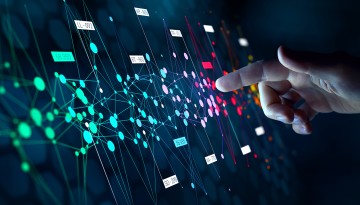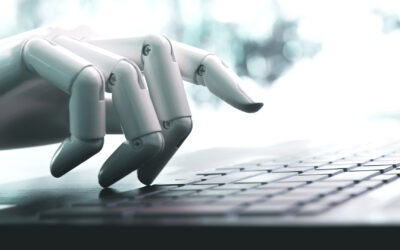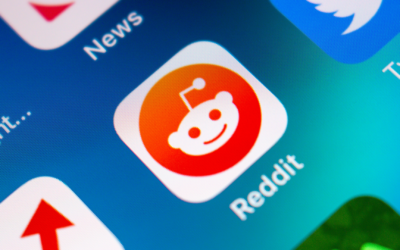The new cohort will investigate the use of AI to advance exploration in science, technology and engineering.
Cornell AI News
News Category
Filter by Topic
Wilkens receives Schmidt Sciences award for humanities research
A research group led by Matthew Wilkens, associate professor of information science in the Cornell Ann S. Bowers College of Computing and Information Science, is the recent recipient of a Schmidt Sciences award to leverage AI in the humanities to unlock new insights in human history and culture.
Academic integrity and generative AI focus of PWGIA event
A keynote and faculty panel on Nov. 12 will focus on how faculty can communicate their generative AI-related expectations to students, how students can take accountability for their work, and what this looks like in practice.
Empire AI: Cornell call for compute resource proposals
Empire AI is now soliciting proposals from Cornell faculty and researchers to use the extended “Alpha” machine with 144 H100 GPUs, as well as the new “Beta” machine that is expected to come online in December.
Linking pay to performance boosts AI use in decision-making
Artificial intelligence has improved by leaps and bounds over the last few decades and has changed the way many people, including corporate managers, conduct business. But the use of algorithms in managerial decision-making isn’t universal, and there are a few factors that spur greater use of AI: how the manager gets paid, and how the artificial intelligence is framed, according to a new study co-led by a Cornell researcher.
Smarter, faster AI models explored for molecular, materials discovery
Cornell researchers are demonstrating how artificial intelligence – particularly deep learning and generative modeling – can accelerate the design of new molecules and materials, and even function as an autonomous research assistant.
Gender, nationality can influence suspicion of using AI in freelance writing
A new study by researchers at Cornell Tech and the University of Pennsylvania shows freelance writers who are suspected of using AI have worse evaluations and hiring outcomes. Freelancers whose profiles suggested they had East Asian identities were more likely to be suspected of using AI than profiles of white Americans. And men were more likely to be suspected of using AI than women.
Dataset reveals how Reddit communities are adapting to AI
Researchers at Cornell Tech have released a dataset extracted from more than 300,000 public Reddit communities, and a report detailing how Reddit communities are changing their policies to address a surge in AI-generated content.








